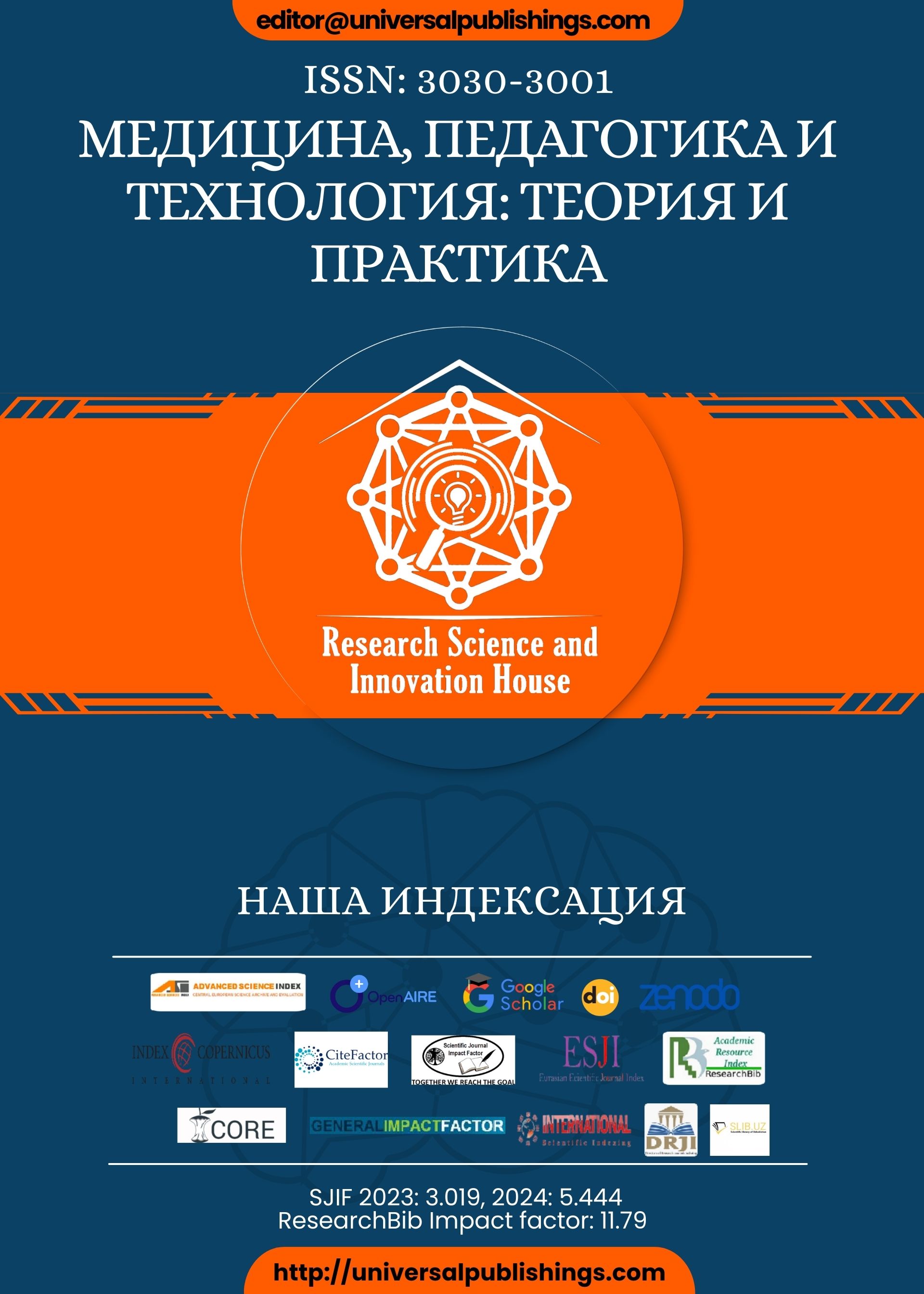Abstract
Sports are of interest even to those who have traditionally tended to be just a casual spectator. Sport becomes a necessary part of our lifestyle under the impact of mass culture and clothing. Sport words go far beyond definition of theoretical or technical expertise relevant only to a given industry. They are gradually connected with the idea of “healthy lifestyle” in the context of modern knowledge about an individual. Possession of sporting language and jargon is one of the prerequisites of improving a native speaker’s communication skills. The objectof the article seems important to us in this regard. The purpose of the research is to examine the composition and definition of the sport-related terminology, words,phraseological units that function in modern linguistics. In the research, analysis techniques, definition, generalization, systematization and numerical approach have been used. We identified: sport words, word blends, terminology from various fields of knowledge (used as sports), neologisms, professionalism and formal vocabulary, tracking articles and metaphors in the course of studying journalistic text on sport topics. Another outcome of the analysis of sport terminology was the grouping of chosen units in keeping with the source language. Terms are the foundation of sport terminology. Based on the research,we found that in the texts from newspapers and internet sources of sports subjects borrowings in a language.
References
Buncer,R ( Writer),& Bacon, L (Dircetor). (1940).Knute Rockne, All American.[ Motion picture]. United States: Warner Bros.
Cassier, E (1955). The Philosophy of Symbolic Forms. Volume One: Language. New Haven: Yale University Press.
Collins, J. ( 1986). Hollywood Husbands.New York: Pocket Books.
Dingwaney, A. (1995). Introduction: Translating Third World Cultures, Anuradha Dingwaney and Carol Maier,eds. Between Languages and Cultures, Translation and Cross Cultural Texts. Pittsburgh and London.
Dunne, F.P.(1901).Mr.Dooley's Opinions. New York. R. H.Russell Publisher.

